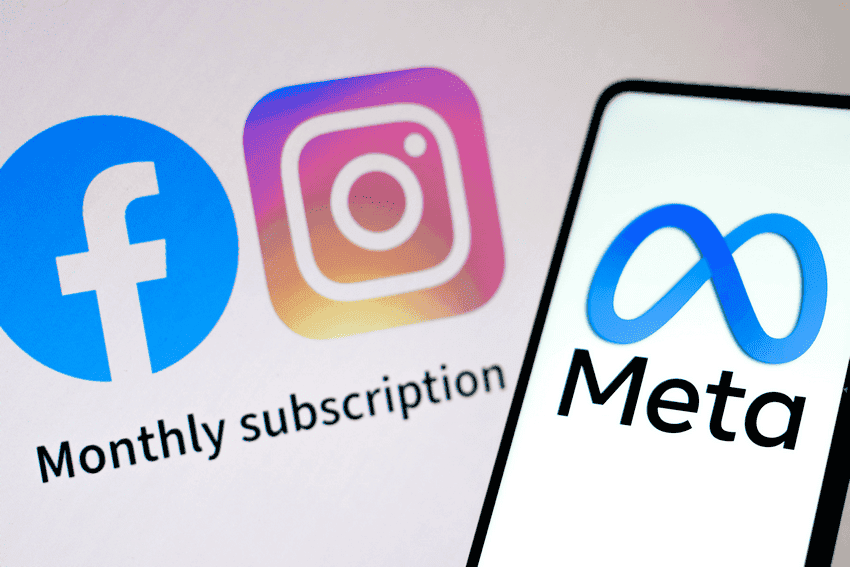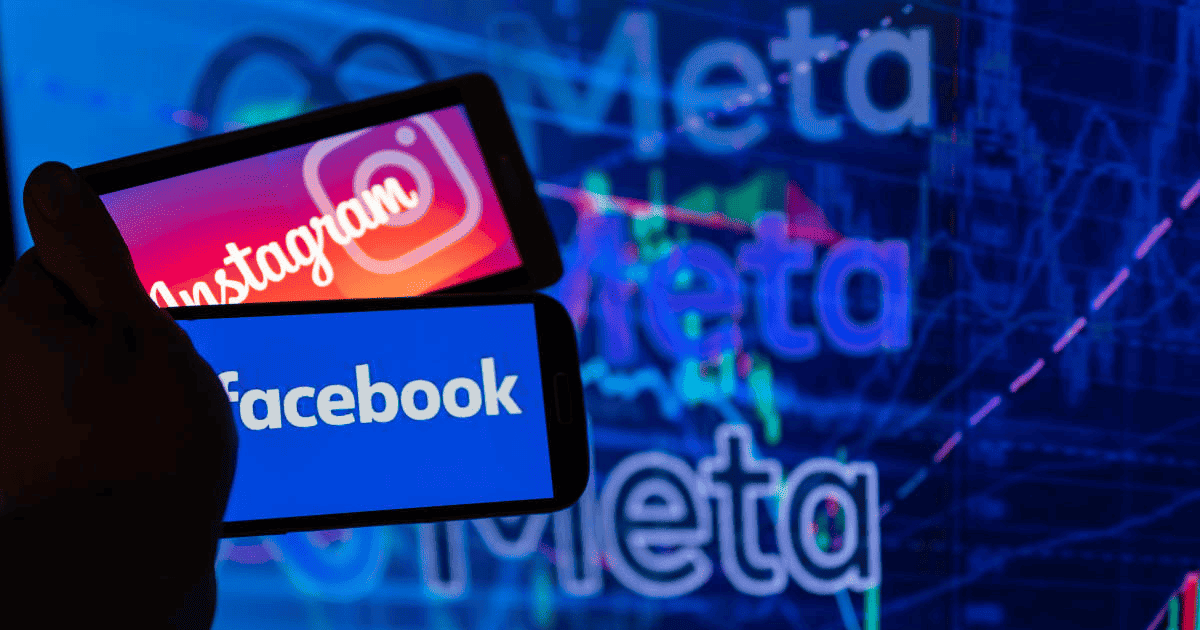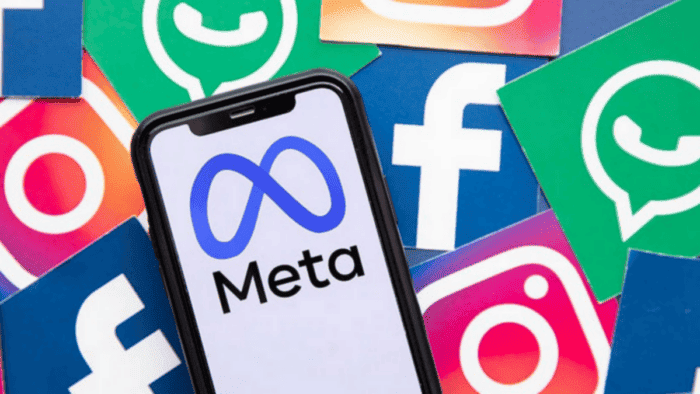It’s not a secret that Meta (formerly known as Facebook.inc) has a big part of its revenue coming from advertisement. Both Facebook and Instagram, two of the companies’ major social media platforms, are supported by ads. The ads that you will often see through the feed of these social networks, are keeping the things operational. However, for some users, it can be annoying to keep seeing ads through the usage. For that reason, Meta is now announcing a new ad-free tier for users that don’t to see ads interrupting their usage. The new paid ad-free tier is going official in Europe and will give users more control over their data with no ad targeting.
Meta Introduces Ad-Free Plans for Instagram and Facebook users in Europe
Meta announced the new ad-free plan for users in the EU, EEA, and Switzerland. Now, users in these regions can pay €9.99 per month for web and €12.99 / month on iOS and Android. Through this paywall, users will get an ad-free experience across the social media platforms. The monthly fees will cover all linked Facebook and Instagram accounts owned by a single user until March 1, 2024. After that, the ad-free experience on each additional linked account will cost an extra €6 / month on the web and €8 / month on iOS and Android. It’s worth noting that there won’t be changes for users that don’t want to pay the new tax. The ad-supported experience will still be available across both platforms. You see Meta’s statement about the big news below:
“The option for people to purchase a subscription for no ads balances the requirements of European regulators while giving users a choice and allowing Meta to continue serving all people in the EU, EEA and Switzerland. In its ruling, the Court of Justice of the European Union (CJEU) expressly recognized that a subscription model, like the one we are announcing, is a valid form of consent for an ads-funded service.”

Interestingly, Meta also reinforces its commitment (source) to keeping users’ info secure and in line with the EU’s General Data Protection Regulation (GDPR) and Digital Markets Act (DMA).
About GDPR:
The EU general data protection regulation (GDPR) is the strongest privacy and security law in the world. This regulation updated and modernized the principles of the 1995 data protection directive. It was adopted in 2016 and entered into application on 25 May 2018.
The GDPR defines:
- individuals’ fundamental rights in the digital age
- the obligations of those processing data
- methods for ensuring compliance
- sanctions for those in breach of the rules
About Digital Markets Act
The Digital Markets Act (DMA) is a regulation affecting organizations doing business in the European Union. As of November 2022, when it went into effect, it addresses antitrust concerns with large tech companies —gatekeepers— that control a lot of online activity and process massive amounts of consumer data.

To recall, the DMA became applicable back in May and deems Facebook as a “gatekeeper”. It’s a large digital platform providing core services in the social networks category forcing Meta to comply with the regulation’s obligations and prohibitions by March 6, 2024.
Conclusion
With the new ad-free plans, Instagram and Facebook users that grew tired of all the advertisements popping out in their feeds will have a new seamless way to navigate through the platforms. It’s an interesting, and unseen approach for these platforms. We are curious to see how users will react to the service and to see if there will be a wide adoption. Meta could also consider releasing the ad-free plans for other regions in the near future.
Meta and Instagram are the latest platforms to adopt this ad-free paid tier. This seems to be a growing trend among online platforms that are supported by ads. We just hope this does not bring more ads to those who are out of the paid plans.





